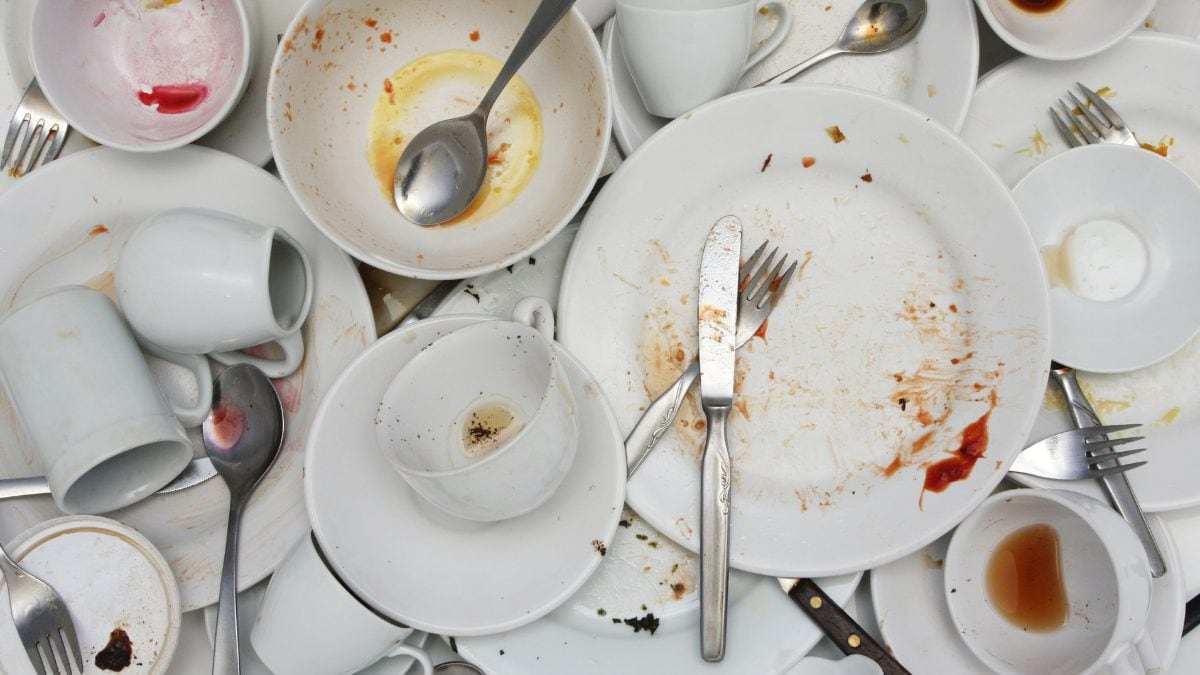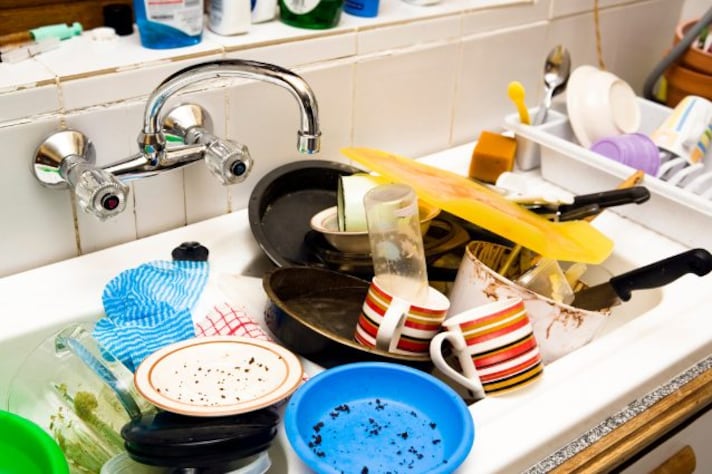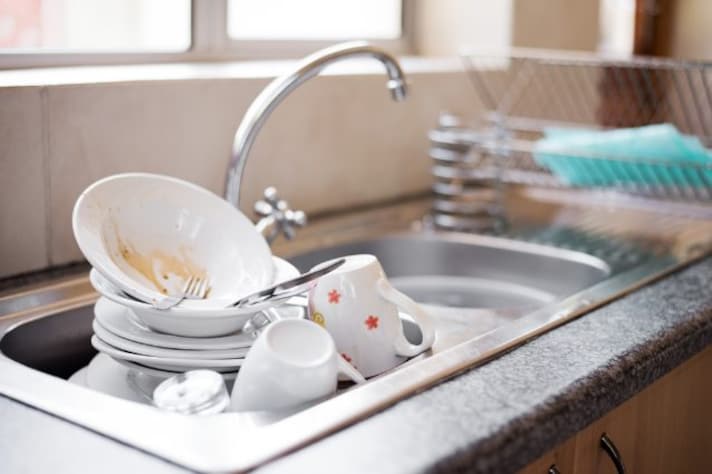
Let’s talk about that quiet pile of dirty dishes you've promised yourself you'd “just let soak for a bit.” You know the one—it starts with a single pasta-slicked bowl and slowly morphs into a greasy monument to procrastination. We’ve all done it, convinced that soaking is a noble, even efficient move. But here’s the cold, murky truth: leaving dirty dishes to soak in the sink isn’t just lazy—it’s potentially hazardous, both to your health and your kitchen hygiene.
The Myth of the "Helpful Soak"
Soaking dishes has become the home cook’s unofficial pause button. Stubborn cheese crusts? Greasy casserole residue? Just fill that dish with hot water and step away. But while the water might soften a mess, what it often really does is buy time to avoid cleaning. The problem is, that time allows for other things to take hold—namely bacteria and foul odors that don’t exactly elevate your cooking space.
In fact, dishes left soaking for hours—or worse, overnight—create a damp, organic buffet for microbes. Food particles trapped under murky water become a feast for bacteria like E. coli and Salmonella, which thrive in warm, wet environments. Instead of breaking down the grime, you’re breeding invisible guests that can transfer onto utensils, cutting boards, or your hands the next time you reach in.
Sinks: Not as Clean as You Think
Here’s a tough pill to swallow: your kitchen sink is often dirtier than your toilet seat. Yes, really. According to a study from the NSF (National Sanitation Foundation), kitchen sinks frequently harbor more bacteria than the bathroom—especially if you routinely soak dishes or leave food scraps to linger. And if your sponge lives in that same sink, soaking alongside the plates? You’ve created a bacterial superhighway.

Even worse, when you add water to the equation—especially lukewarm, standing water—you’re creating the perfect moist playground for germs to multiply. You might think you’re loosening baked-on residue, but you’re also swirling around microscopic organisms that don’t rinse away so easily.
That Smell? It’s a Warning
There’s also the very real matter of the stench. Anyone who’s walked into a kitchen and caught a whiff of day-old dishwater knows the smell is unforgettable—and not in a good way. The odor is a sign of anaerobic bacteria beginning to work their foul-smelling magic. It’s not just gross—it’s a biological red flag. When your sink starts to smell like a swamp, it's time to question your habits, not just reach for air freshener.
Cross-Contamination Creeps In
Leaving dishes to soak doesn’t just risk growing bacteria—it also raises the odds of cross-contamination. If you’ve ever tossed a knife used on raw meat into the soak with a glass or bowl, you’ve unknowingly created a dangerous blend of pathogens. When everything soaks together in a shared, dirty bath, even previously clean items can become compromised. And let’s not forget the human factor—if someone reaches into the sink for that "just one plate," they may be spreading germs all over the kitchen without realizing it.

There’s a Better Way (Yes, Really)
Look, no one’s saying you need to scrub every dish immediately like you’re on an episode of Top Chef. But there’s a smarter, safer alternative: pre-rinse with hot water, and either load directly into the dishwasher or wash by hand within the hour. Letting dishes sit out (dry) is far safer than submerging them in questionable water. And if a dish really needs a soak, make it targeted and short—ten minutes with a dash of dish soap is often all it takes.
Better yet, make a habit of washing while you cook. It’s the trick every seasoned line cook and home chef swears by. A clean-as-you-go approach saves time later and keeps your sink (and sanity) from overflowing. Because trust us—no recipe has ever benefited from being prepped in a kitchen that smells like damp lasagna.
;Resize,width=767;)
